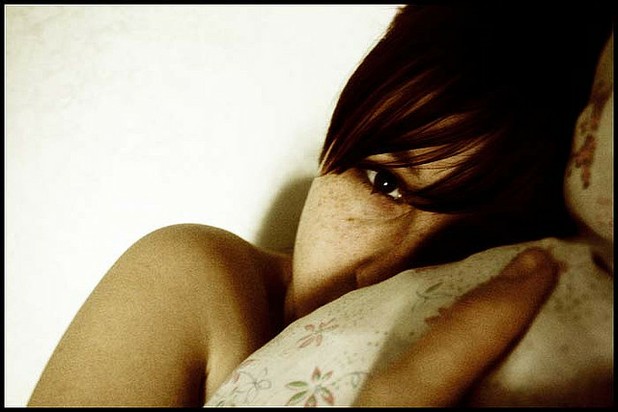- Story Highlights
-
- Mental Illness: Teens with poor and erratic sleeping habits may be at increased risk of a number of mental health conditions.
Teens with Disturbed Sleeping Habits at an Increased Risk for Mental Illness
Most teens stay up too late and then make up for lost whole-week sleeping time by snoozing late into the day on weekends. Teens with coming mental illness display erratic sleeping habits, but no set pattern of behaviors.
Australian researchers at the Brain and Mind Research Institute in Sydney say that abnormal teen sleep patterns can be an early onset warning sign of mental illnesses like depression, psychosis and bipolar disorder, and in some cases sleeping problems can precede other active symptoms of mental illness by months or even years.
Dr. Naomi Rogers, who directs the sleep unit at the Brain and Mind Research Institute, says that while most teens will have altered sleeping and waking patterns due to normal brain maturation during the adolescent developmental stage, those with very unusual sleep patterns are possibly at risk.
The researchers say that as a normal pattern, teens stay up later into the night and get up for school in the morning, and then make up for lost sleep time by sleeping in on weekends. They say that for teens with coming mental illness, there often is no such recognizable pattern of sleeping – simply sustained erratic sleeping habits, A couple of nights of long sleep, a couple of nights of short sleep ... it's the instability that we think is important," Dr Rogers said.
Advising parents, Rogers suggest that everyone be on the lookout for disturbed sleeping patterns in teens, especially when combined with other warning signs, such as social withdrawal and reduced mood. Earlier diagnosis of a mental health problem can result in milder treatments and a better prognosis.

